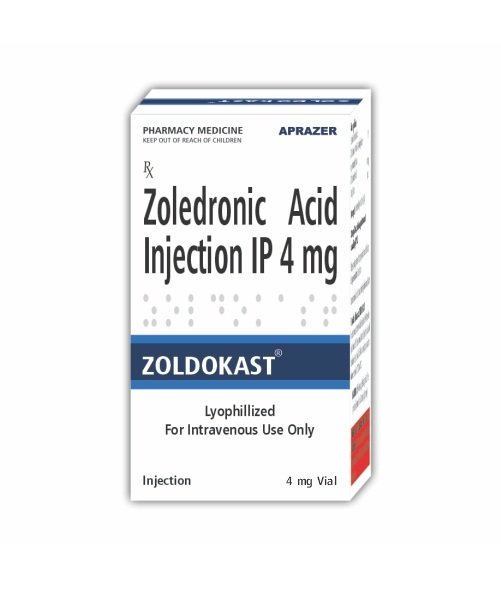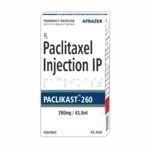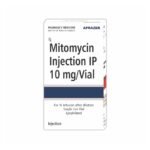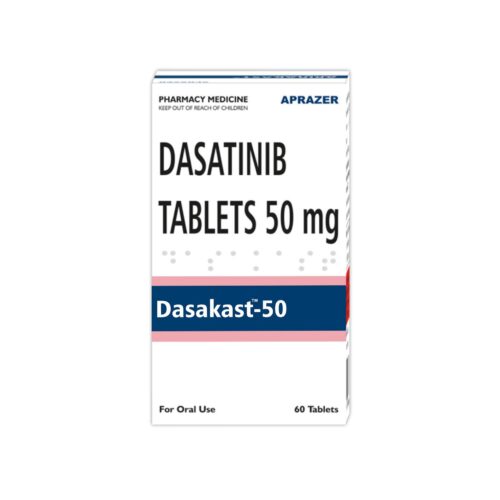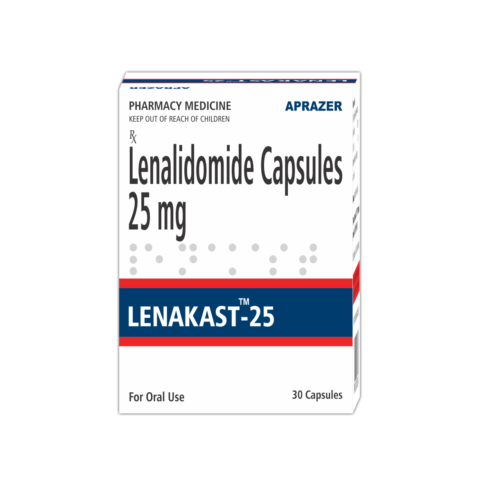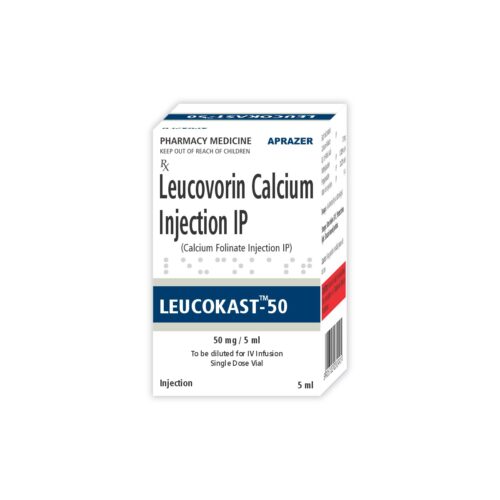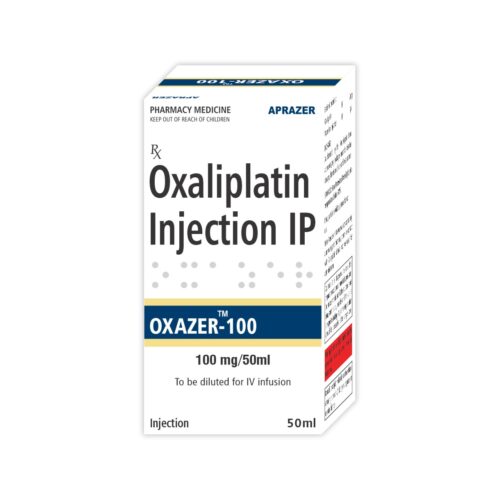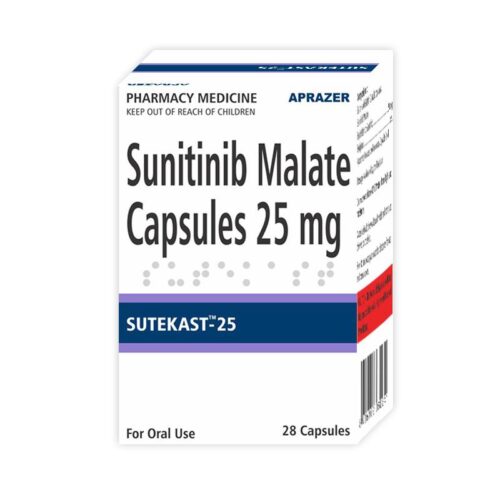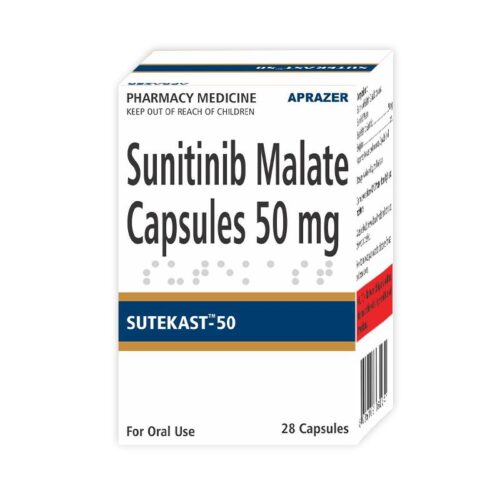ZOLDOKAST
Zolderonic acid IP – 4 mg
Thank you for your enquiry. We will get back to you shortly!
Description
Zoldokast
Composition: Zolderonic acid IP – 4 mg
Classification: Bisphosphonates
Zoldokast: Targeting Bone Complications in Cancer
Zoldokast is an anticancer supportive care medicine that is widely used and prescribed by oncologists to prevent bone loss due to cancer or anticancer treatment.
Aprazer Healthcare: Quality Cancer Medicines, Trusted Worldwide
Aprazer Healthcare proved to be the leader in oncology care, developing the widest affordable range of oncology medicines and exporting them to more than 50+ countries.
WHO-GMP certified, assured therapeutic efficacy and safety.
What is Zoldokast?
Zoldokast is used to treat various conditions of the bone involving bone loss in osteoporosis, bone cancers, or bone-related cancer complications.
Uses of Zoldokast
- • Osteoporosis
- • Hypercalcemia caused by malignancies
- • Bone metastasis
- • Paget’s disease
- • Multiple myeloma
How does Zoldokast work?
It downregulates osteoclasts that harm bone integrity, turning bones brittle and fragile.
Common Side Effects
- • Diarrhea
- • Nausea
- • Vomiting
- • Constipation
- • Mouth sores
- • Fever, chills
- • Swelling
- • Vaginal discharge
- • Hair loss
- • Tingling in hands, feet, fingertips
- • Muscle pain and cramps
Serious Side Effects
- • Bone damage in the jaw
- • Severe kidney dysfunction – fluid retention
- • Unusual bone fractures
- • Hypocalcemia – seizures, muscle cramps
- • Difficulty in breathing
- • Irregular heartbeat
Precautions
To be used cautiously in
- • Pre-existing kidney disorders
- • Undergoing dental procedures
- • Elderly patients
- • Asthmatic patients
- • Vitamin D deficiency
- • Low calcium levels
Contraindications
- • Not to be used if any previous allergy or hypersensitivity to Zolderonic acid or any excipients.
- • Breastfeeding mothers
- • Pregnant women
Warnings
To be used under the supervision of a medical practitioner or oncology specialist, having adequate diagnostic and monitoring facilities.
Important Safety and Monitoring Information
Regularly monitor:
- • Serum creatinine levels
- • Calcium levels, phosphate levels, and vitamin D levels
- • Unusual joint pains or jaw pain
- • Kidney functions
- • Hydration and electrolyte levels
- • Renal functions
Storage
It should be stored at 2-8 degrees Celsius, protected from light.
Administration Instructions
- • To be administered as a slow IV infusion only.
- • Do not give as an IV push/bolus.
- • To be used immediately after reconstitution.
- • Ensure patient hydration before infusion
- • Do not mix with calcium-containing IV solutions

